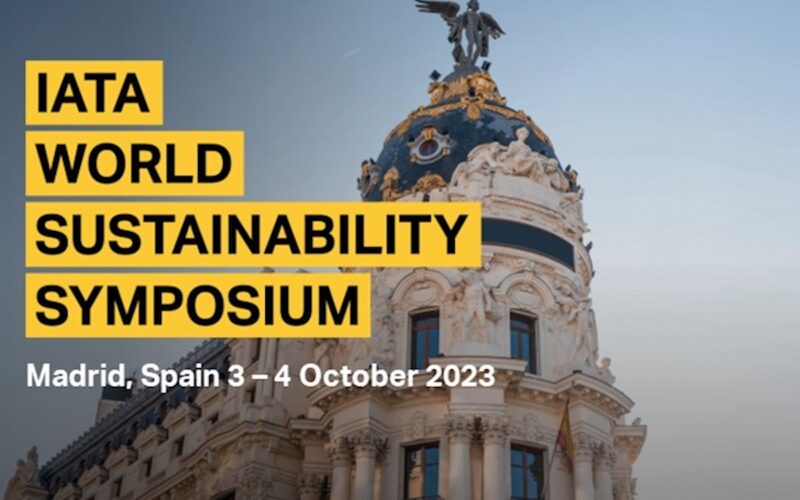Sustainability has taken center stage in the aviation world.
Even if the industry manages to deliver efficiency improvements on a steady and regular basis, the relentless growth in global air travel demand has placed it in the crosshairs of public opinion, the general media, and government regulators.
The whole industry, including airlines, airports, and travel operators, is on notice, and the anxiety to find solutions is real.
This is why the last couple of years have seen a flurry of efforts in the form of new projects, initiatives, and investments. It is truly hard to engage in any conversation with aviation professionals of any rank and function nowadays without sustainability springing up in the conversation.
Because the fact is, there are still many more questions than answers: Which low-carbon propulsion technology will prevail? How will the switch be financed? What constitutes a realistic timeframe for achieving a decarbonized aviation industry?
And, perhaps most importantly, how is the industry going to adapt to a changing regulatory framework, of which the RefuelEU initiative, recently approved by the European Parliament, is just a harbinger of things to come?
At this stage, while different industry players have opted for as many strategies and paths, it is very important for information to flow and for innovative ideas to cross-fertilize.
The International Air Transport Association (IATA), the industry body that gathers 300 airlines from 120 countries representing a combined 83% of all global scheduled passenger air traffic, has a major stake in the long-term survival and prosperity of the industry, so perhaps not surprisingly, has also taken a major role in this conversation.
While it is mostly and ultimately up to individual member airlines to select and implement the environmental initiatives and actions that best suit their circumstances, IATA plays a key role in disseminating best practices and valuable information and learnings in this field.
IATA provides tools, such as the IATA CO2 Connect carbon footprint calculator, but also platforms and channels that facilitate the flow of information between its members and the broader aviation ecosystem.
IATA’s World Sustainability Symposium, which will take place in Madrid, on October 3-4, 2023, aims to do just that: it gathers and supports the global community of sustainability experts needed to realize aviation’s biggest challenge ever.
The World Sustainability Symposium will bring together many of the thought leaders in the field of aviation sustainability as well as decision-makers at some of the most important firms operating in the commercial aviation industry.
The speakers’ roster includes names like IATA’s General Director, Willie Walsh, and the organization’s Chief Economist, Marie Owens Thomsen, as well as CEOs and other C-level executives from several major airlines, such as Air France, the IAG Group, Cathay Pacific, and LATAM, to name just a few.
The event will also have a broad representation of the whole aviation sustainability ecosystem, including investors, policymakers, and startups devising new technologies to decarbonize aviation.
In this regard, AeroTime is proud to be a media partner of IATA’s World Sustainability Symposium, aiding in raising awareness about the essential, challenging, and increasingly urgent endeavor the aviation industry faces in its quest to decarbonize..
AeroTime is going to be present at IATA’s World Sustainability Symposium in Madrid. Reach out to us if you are attending and would like to share your stories, news, or comments about aviation sustainability and the industry’s path to Net Zero.

